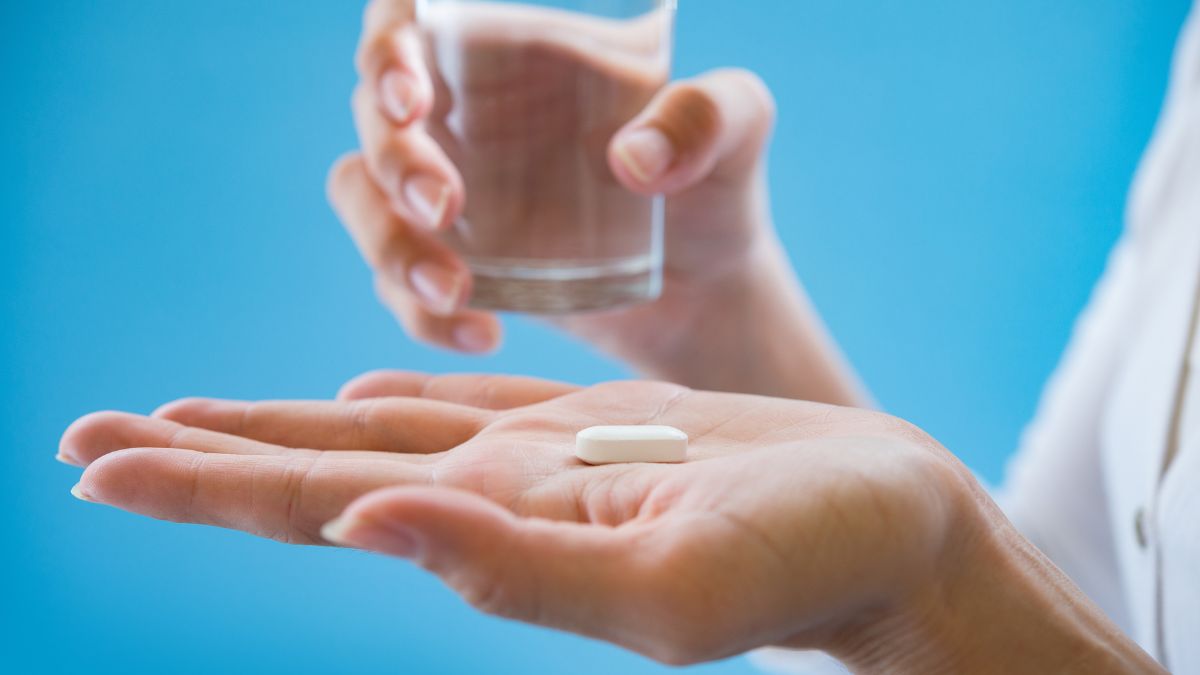
Taking aspirin within hours of experiencing severe chest pain could save over 13,000 lives in the United States annually, according to a new study by researchers from the Harvard TH Chan School of Public Health.
The research, published on May 1 in the Journal of the American Heart Association, was led by Goodarz Danaei, Bernard Lown Professor of Cardiovascular Health. Co-authors included Rienna Russo, a doctoral candidate in the Department of Epidemiology, and Daniel Wikler, Mary B Saltonstall Professor of Ethics and Population Health.
Reducing The Impact Of Heart Attack
Aspirin is widely recognised as an affordable and effective way to reduce heart attack fatalities, especially when taken promptly (within 4 hours) after symptoms start, according to the study. However, many people experiencing chest pain, the primary sign of a heart attack, are unaware of this benefit and delay seeking medical attention.

The researchers aimed to quantify the potential health benefits if prompt aspirin use after chest pain became common. They utilised US Census data, heart attack mortality statistics, and findings from previous studies on chest pain incidence and aspirin use. They then created a population simulation model to assess the impact of self-administered aspirin.
Their findings revealed that if adults in the US took aspirin within four hours of the onset of severe chest pain, 13,016 deaths could be prevented annually, even after considering deaths from aspirin-related bleeding. This prevention equated to 166,309 years of life saved. The cost of the necessary aspirin supply to achieve this was estimated at $6,43,235, resulting in an average cost-effectiveness ratio of $3.70 per year of life saved.

Recognising the Signs of a Heart Attack
As per the American Heart Association, heart attacks are medical emergencies that require immediate attention. Recognising the signs can save lives. Here are some common symptoms of a heart attack that can help you identify if you are about to suffer a heart attack:
- Chest Pain or Discomfort: Often described as pressure, squeezing, fullness, or pain, typically in the centre or left side of the chest. It lasts more than a few minutes or goes away and comes back.
- Upper Body Discomfort: Usually happens in the arms (especially the left), back, neck, jaw, or stomach, and may feel like pain, discomfort, or a general feeling of unease.
- Shortness of Breath: It can occur with or without chest discomfort and may feel like you can't catch your breath or are struggling to breathe.
- Cold Sweat: Breaking out in a cold sweat, often suddenly and makes you feel clammy or sweaty skin without obvious cause.
- Nausea or Vomiting: Feeling nauseous or vomiting without any apparent reason.
- Lightheadedness or Dizziness: Feeling faint, dizzy, or like you might pass out and may occur with chest discomfort or other symptoms.
- Fatigue: Unusual tiredness or lack of energy, sometimes experienced days or weeks before a heart attack, especially in women.
Also Read: Here’s How Dehydration During Physical Activity Can Increase Your Chances Of A Heart Attack
The researchers of the study concluded that while efforts to enhance access to and adherence to secondary prevention strategies, such as starting statins and improving diet quality, should continue, self-administered aspirin can significantly reduce heart attack mortality without the financial burden or the need for long-term behavioural changes.
Also watch this video
How we keep this article up to date:
We work with experts and keep a close eye on the latest in health and wellness. Whenever there is a new research or helpful information, we update our articles with accurate and useful advice.
Current Version